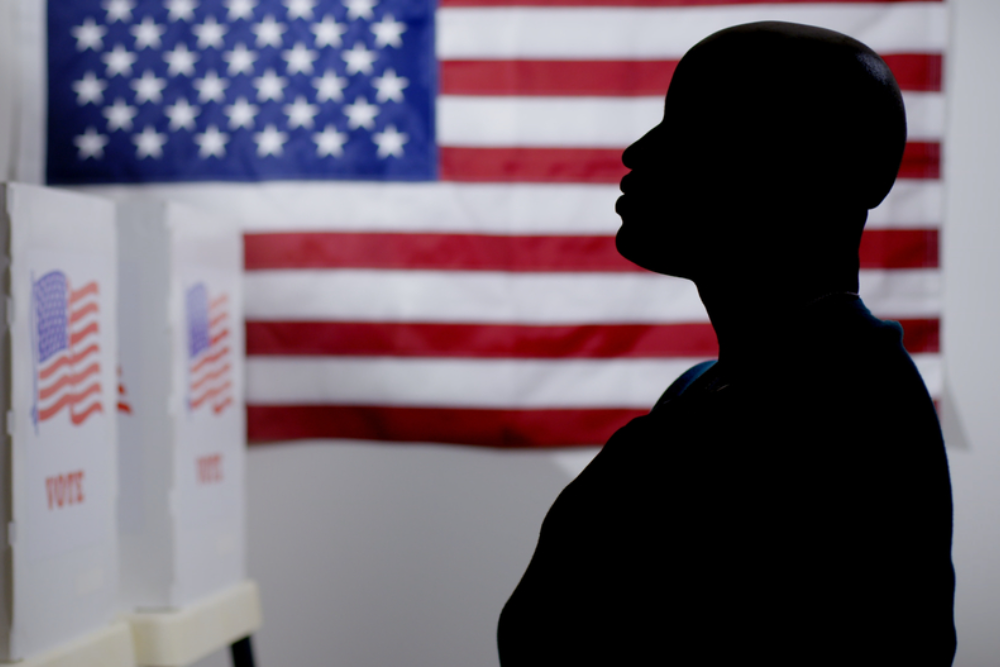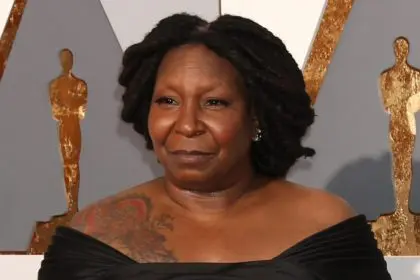A historical shift: From Republican stronghold to Democratic loyalty
The Republican Party once held the allegiance of Black Americans, particularly during and after Reconstruction, when newly emancipated Black voters supported the party of Lincoln. Black Republicans such as Hiram Revels, the first Black U.S. Senator, and Robert Smalls, a former slave who became a U.S. Congressman, were emblematic of this political alliance.
However, the mid-20th century witnessed a seismic shift. The Civil Rights Act, fiercely opposed by many white conservative Democrats, led to the exodus of Southern white people from the Democratic Party to the GOP — and, conversely, the majority of Black voters began aligning with the Democrats, who were now more openly championing civil rights and racial equality.
This transformation of party allegiances is crucial when considering figures like Robinson, a North Carolina Republican who has risen to prominence with divisive rhetoric and hardline conservative views. His rise speaks to the GOP’s long-standing struggle — and some critics would argue a cynical tactic — to attract Black voters, despite once being the political home for Black Americans.
Mark Robinson: A symbol of contemporary GOP strategies
Robinson’s rapid political ascent began in 2018, when he gained attention for his passionate — albeit controversial — defense of gun rights at a town hall meeting. Since then, Robinson has embraced a combative political style, earning favor among the MAGA faction of the Republican Party. However, his inflammatory rhetoric — including derogatory remarks aimed at Black communities and other minoritized groups — has sparked widespread controversy.
Robinson’s candidacy and rhetoric seem part of a broader Republican strategy aimed in particular at attracting disillusioned Black men, a demographic the party believes is more susceptible to its messaging than Black women, who overwhelmingly vote Democratic. However, this tactic may be more reflective of an attempt to appeal to white conservative voters than a genuine effort to bridge racial divides. Historically, when Black leaders within the GOP began questioning or shifting their allegiance — such as Jackie Robinson, who left the party after supporting Richard Nixon, or even Colin Powell, who backed Barack Obama — it often signaled a deeper dissatisfaction with the party’s approach to racial issues.
The GOP’s race problem and its appeal to Black men
Despite some individual success stories, the Republican Party continues to struggle with its appeal among Black voters. The departure of many prominent Black Republicans over the years underscores the party’s challenges. Some, like Powell and Condoleezza Rice, while maintaining a Republican identity, have expressed discomfort with the direction of the party, particularly under Donald Trump. Others, like former RNC Chair Michael Steele, have been outspoken critics of the GOP’s racial insensitivity.
Robinson’s candidacy exemplifies the GOP’s struggle. While he may appeal to segments of the Republican base, his rhetoric often alienates Black voters. Polling shows that only a small fraction of Black men support him, despite the Republican Party’s apparent belief that Robinson’s rhetoric will resonate with this group. The reality is that many Black voters, regardless of gender — particularly those aware of the GOP’s historical realignment post-Civil Rights Movement — remain skeptical of the party’s intentions.
The impact of figures like Robinson on Black representation
Figures like Robinson serve to highlight the tensions within the Republican Party over race. His candidacy, similar to that of other Black Republicans like Herschel Walker, seems to serve a dual purpose: energizing a largely white, conservative base while ostensibly providing a face of racial diversity. Yet, the rhetoric of these candidates often undermines the interests of the very communities they claim to represent. Historically, Black Republicans such as Edward Brooke, the first Black U.S. Senator elected by popular vote, advocated for policies that directly addressed racial inequality. Today, candidates like Robinson — with inflammatory views on issues affecting Black Americans — reflect a stark departure from that legacy.
The future of Black political engagement
The continued rise of figures like Mark Robinson raises questions about the future of Black representation in the Republican Party and the broader political landscape. The Democratic Party — despite its overwhelming support by Black voters — cannot take this support for granted. Disillusionment among some segments of the Black community, particularly in economically marginalized areas, is palpable; the party must continue to address their concerns through meaningful grassroots engagement.
At the same time, the Republican Party’s efforts to attract Black voters through candidates like Robinson seem unlikely to succeed in the long term unless the party addresses deeper racial issues and policies that disproportionately affect Black communities. The GOP’s failure to retain influential Black leaders over the years — combined with its reliance on controversial figures like Robinson — underscores the need for a more genuine and inclusive approach.














